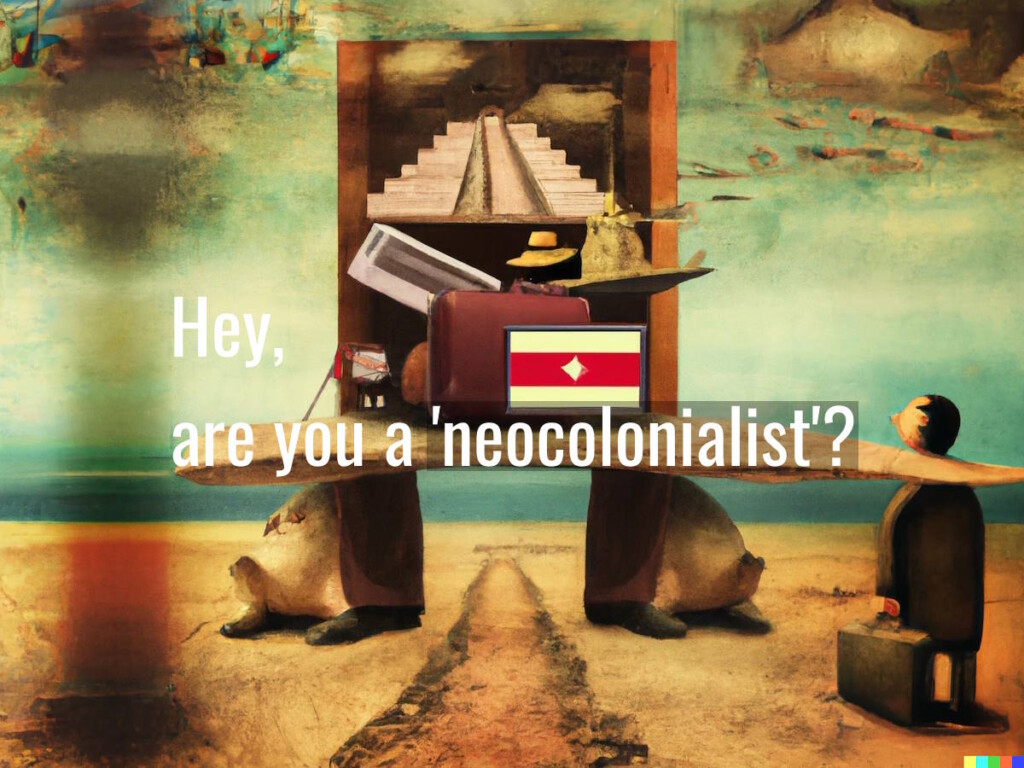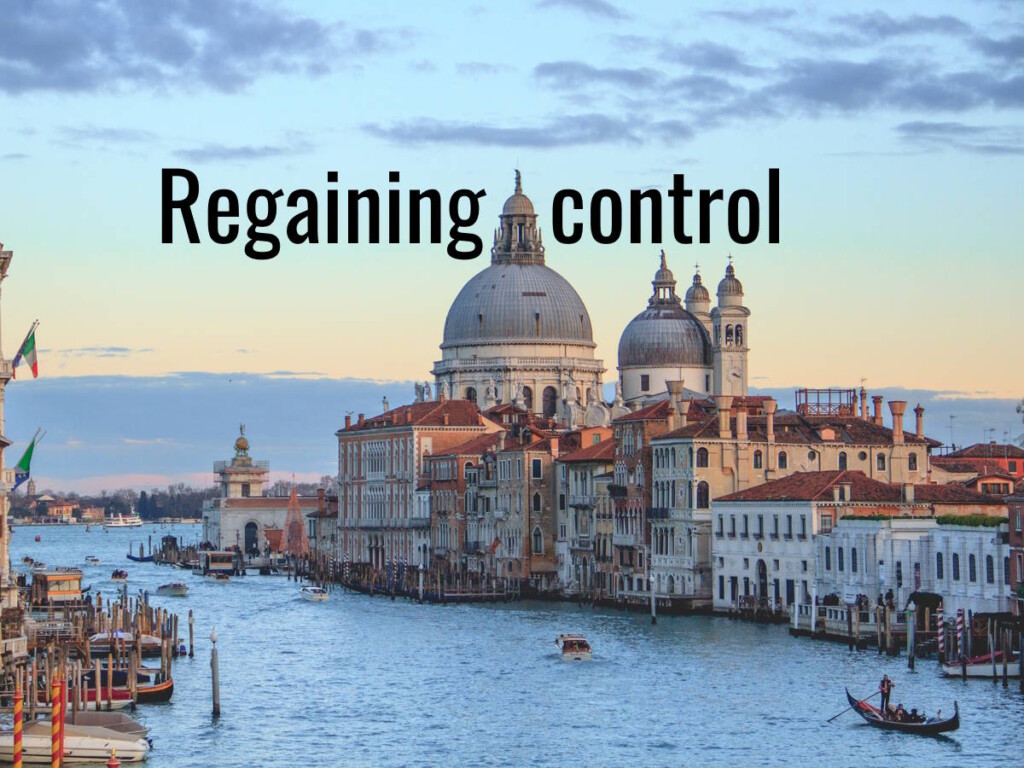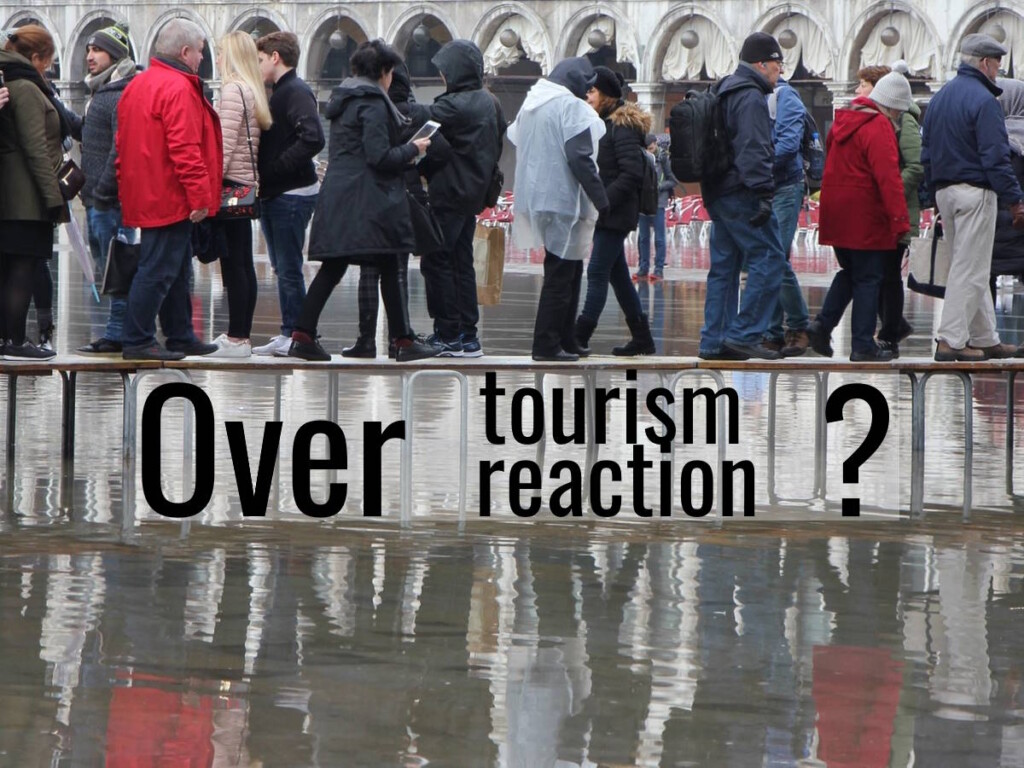Travel & tourism industry policy and governance
Scroll down for posts that have been tagged with “policy and governance” as that relates to travel & tourism destinations and industry stakeholders.
According to the Cambridge Dictionary, a policy is “a set of ideas or a plan of what to do in particular situations that has been agreed to officially by a group of people, a business organization, a government, or a political party”.
The same dictionary defines governance as “the way that organizations or countries are managed at the highest level, and the systems for doing this”. Governance also pertains to how industries, such as travel & tourism, and destinations are regulated, directed, and managed from on high.
Tourism policy and tourism governance are crucial concepts for managing the travel & tourism industry. What does tourism policy and tourism governance mean? And how can they can be optimised for, say, sustainable tourism?
Tourism policy, according to the United Nations World Tourism Organization (UNWTO), is a “set of regulations, rules, guidelines, directives, and development/promotion objectives and strategies that provide a framework within which the collective and individual decisions of various public and private sector actors may be made to achieve the desired outcomes of the tourism sector”. Thus tourism policy can provide a framework for managing the travel & tourism industry to ensure that it operates sustainably.
Tourism governance, on the other hand, refers to the structures and processes that are put in place to manage the travel & tourism industry. These structures and processes can include regulatory bodies, tourism boards, and public-private partnerships. Effective tourism governance is critical for ensuring that tourism policies are enforced, and that the travel & tourism industry operates in a way that is consistent with these policies. Therefore, governance helps to ensure that the interests of all stakeholders in the travel & tourism industry strike an acceptable and sustainable balance that benefits the economy, the environment, and local communities.
Optimising tourism policy and tourism governance involves a number of strategies, including stakeholder engagement, policy coherence, and effective implementation.
According to the UNWTO, stakeholder engagement involves “the involvement and participation of various actors in the decision-making processes related to tourism policy and planning, such as government authorities, private sector stakeholders, and local communities”. This ensures that all stakeholders have a say in the development of travel & tourism industry policy.
Policy coherence might involve aligning tourism policies with others, such as for environment and culture, to ensure that tourism supports the sustainable development goals.
Effective implementation involves ensuring that tourism policies are enforced and that the travel & tourism industry operates in a way that is consistent with these policies.
In conclusion, tourism policy and tourism governance are important for promoting and/or mandating sustainable tourism practices, creating economic benefits for local communities, and ensuring that tourism operates in a way that is consistent with the broader sustainable development goals of people and the planet.
Tags are informal; an afterthought to content creation. The “Good Tourism” Blog never gets bogged down with tagging accuracy or consistency. Feel free to comment on any post you think has been incorrectly or insufficiently tagged. “GT” encourages good-faith debate and discussion and appreciates helpful feedback.






